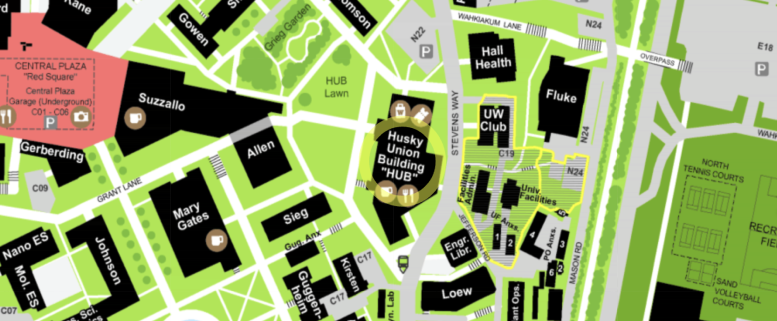SmartBoard
Department of Economics
Requested:
$7,975
Status:
Funded
Awarded:
$7,975
Abstract
This proposal is to request funding for a Smart Board for a shared work space for Economics graduate students, honors undergraduates, and affiliated students. We will be requesting funding for 1 smartboard,Stand, accessories, and licensing.

